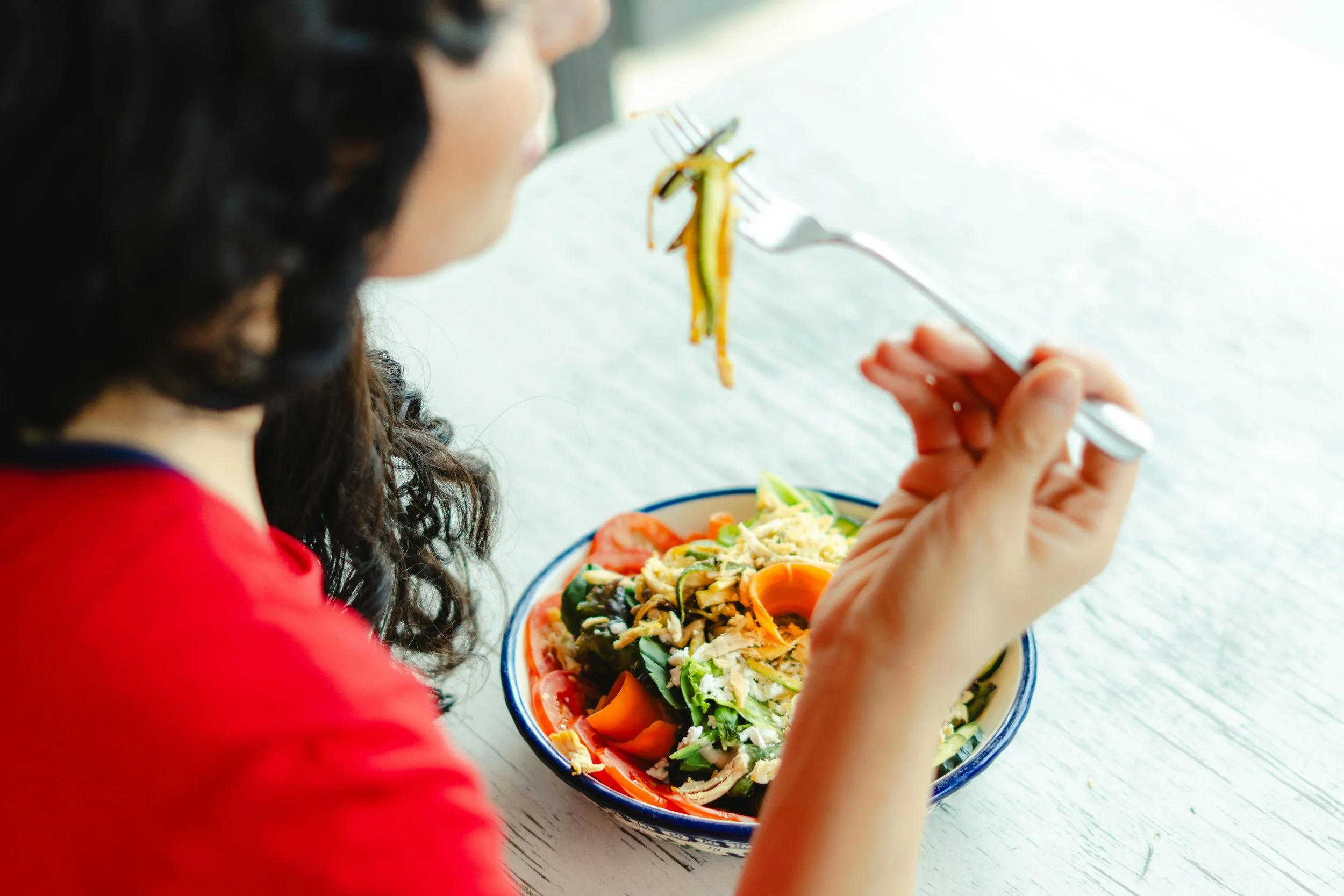Transforming Your Body Without Extreme Diets
We’ve all seen the headlines.
“Lose 10 pounds in a week!”
“Cut all carbs to burn fat fast!”
“Only eat these 3 foods to get lean!”
It’s tempting, right? The promise of quick results with just a few drastic changes. But deep down, most of us know the truth: extreme diets don’t work long-term. Sure, they might bring temporary results—but at what cost? Hunger, exhaustion, rebound weight gain, and a damaged relationship with food are all too common.
What if there was another way?
A method that lets you enjoy real food, live your life, and still make incredible progress toward your goals?
Good news—there is.
Welcome to the world of flexible dieting, mindful meal planning, and saying goodbye to fad diets for good. This is where sustainable transformation truly begins.
Flexible Dieting: Freedom with Structure
Flexible dieting is often misunderstood. People hear "flexible" and assume it means eating whatever you want, whenever you want. But that's not quite it.
At its core, flexible dieting is about balance—the idea that no food is inherently "good" or "bad," and that all foods can fit into a healthy lifestyle when eaten in the right amounts.
The Basics: Macros, Not Magic
Flexible dieting typically focuses on tracking macronutrients—protein, carbs, and fats—rather than just calories or food groups. By knowing your daily targets for each macro, you can eat foods you enjoy while still hitting your goals.
For example:
Want a slice of pizza? You can make it work.
Craving chocolate? That’s okay too.
Love having a big breakfast or dessert at night? Totally doable.
The difference is that you plan and portion those things mindfully, so they fit your overall daily intake.
Why It Works
Sustainability: You’re not cutting out your favorite foods, so you don’t feel deprived.
Flexibility for real life: Dinner out with friends? Family BBQ? You can adapt without guilt.
Education: You learn what’s in your food and how it impacts your body—making you more in control.
Rather than obsessing over perfection, flexible dieting encourages consistency. It’s about progress, not punishment.
Meal Planning: Your Foundation for Success
Meal planning might not sound glamorous, but it’s one of the most powerful tools for body transformation—especially when it’s done with flexibility in mind.
What Meal Planning Isn’t
It’s not eating chicken, broccoli, and rice every day.
It’s not prepping 21 identical meals every Sunday.
It’s not rigid, boring, or bland.
What It Is
A strategy to reduce decision fatigue. When you know what you’re eating, you’re less likely to grab something impulsive.
A tool for saving time and money. You shop smarter, waste less, and don’t find yourself starving at 3pm with no plan.
A way to stay consistent. When your meals are balanced, you feel satisfied, energized, and in control.
Smart Planning Tips
Start with your staples. Build meals around proteins you enjoy—chicken, tofu, eggs, Greek yogurt, etc.
Add variety. Rotate your carb and veggie choices each week to keep it interesting.
Leave room for flexibility. Plan 80-90% of your meals and leave space for spontaneous meals or treats.
Batch-prep, don’t bulk-prep. Cook ingredients in batches (like grilled chicken, roasted veggies, or rice), then mix and match as the week goes on.
When done right, meal planning isn’t restrictive—it’s freeing. It gives you the foundation you need to succeed, while still allowing room to enjoy life.
Why Fad Diets Fail (And What to Do Instead)
You’ve probably tried a few: keto, juice cleanses, detox teas, “clean eating” only, or even intermittent fasting with zero context. They all have one thing in common: they promise fast results through restriction.
The Problem with Fad Diets
They’re not sustainable. Cutting out major food groups or surviving on shakes gets old fast.
They often ignore your body’s needs. Not enough protein, too little energy, or missing key nutrients.
They don’t teach you anything. Once the diet ends, most people don’t know what to do next.
They create a cycle of guilt and failure. You follow the plan perfectly, then “slip up” and feel like you’ve failed—again.
Break the Cycle
Instead of bouncing from one diet to another, focus on building habits that actually serve your goals and your lifestyle.
Ask yourself:
Can I see myself doing this in 6 months? A year?
Does this diet allow me to eat foods I enjoy?
Am I learning how to fuel my body—not just lose weight?
When the answer is yes, you’re on the right track.
Conclusion: Real Change Comes from Real Life
Transforming your body doesn’t require extremes. You don’t need to cut out carbs, fast for days, or survive on salads. What you need is a method that fits your life, not one that fights against it.
With flexible dieting, you create space for both progress and enjoyment.
With meal planning, you set yourself up for success without relying on willpower alone.
By ditching fad diets, you take your power back—and start building a sustainable, fulfilling way of eating that supports your goals.
So if you’re tired of starting over every Monday, or feeling like food is your enemy, take a breath.
There’s a better way—and you’re ready for it.
Start small. Be consistent. Trust the process.
And most of all—believe that you can change your body without changing your entire life.
You’ve got this.
Join our Facebook Community RESTORE Yourself to walk with others learning to be free.
In joy, light, and health,
Coach Rebecca




